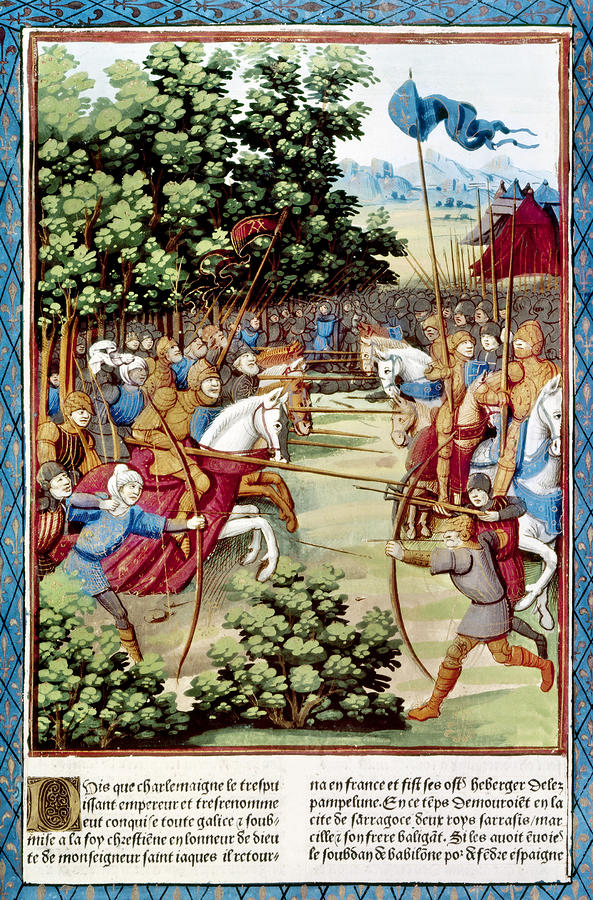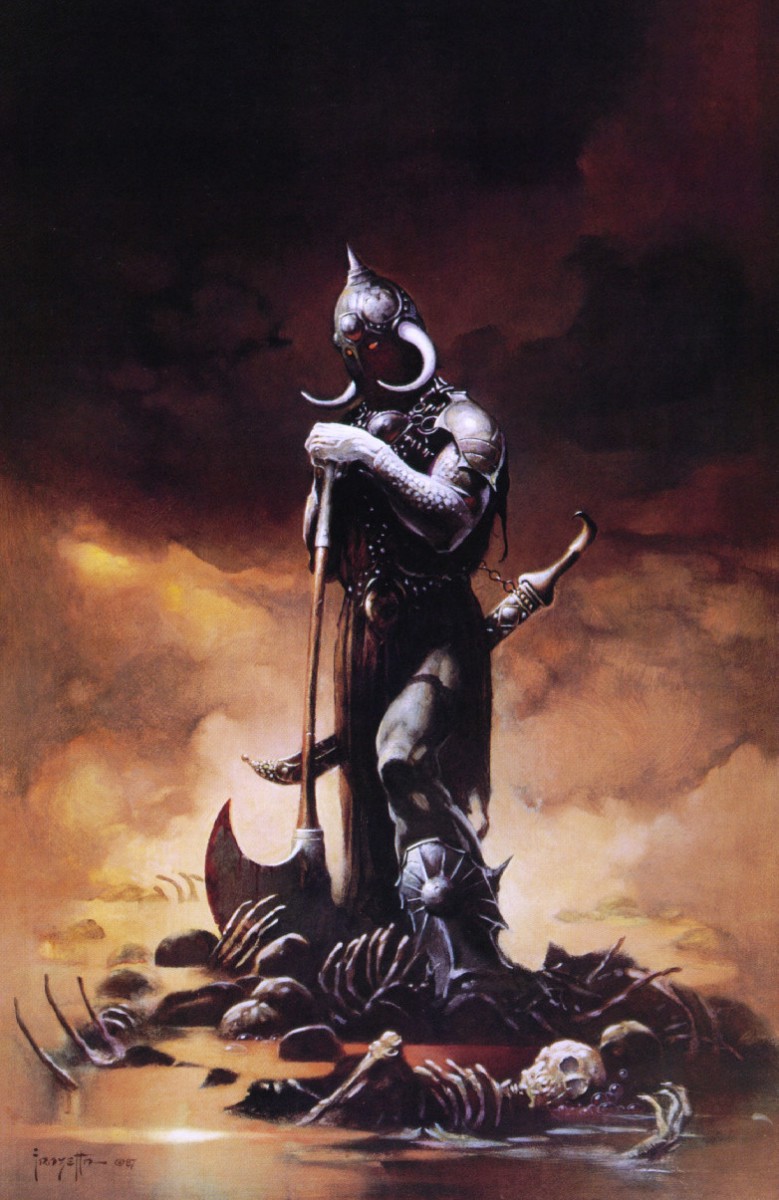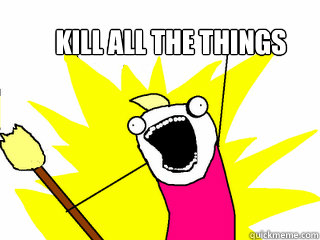Have you ever thought about just how violent video games, and tabletop roleplaying games are? I mean, reeeally thought about it? Movies can be bad, but the body count for even a particularly bloody action film pales in comparison to many games. Robocop 2, for example, which was the bloodiest movie of 1990, had a total body count of 79 people. You could easily match that playing through a fraction of the sidequests in Skyrim, or even the Fable games. Why is it that fantasy roleplaying games are so focused on the killing?
Is this truly an ingrained notion of what it means to be a hero? Granted, every knight in shining armor had a sword, and battle was a major component of their legends. Read the Song of Roland sometime. It’s actually like an absurd predecessor to the action movie genre. The knights even utter catch-phrases before smiting their foes. The battles described in stories like the Song of Roland talk about casualties in the hundreds and thousands, though they do not describe or show each in as much detail as typically takes place in a tabletop RPG or videogame.
 |
| They see me Roland... they hatin' |
Is this fantasy bloodsport necessarily a bad thing? Many of the adversaries in RPGs are not people. The heroes fight monsters, which are the very embodiment of badness. Though they may look human, it is not difficult to justify slaying vast hordes of vampires, zombies and ghouls. Even when the antagonists are people, there is an element of detachment imposed by the fantastic nature of the game. The presence and possibility of magic and monsters makes the violence feel less real, more palatable than in other genres with settings more similar to reality (the Modern Warfare or Grand Theft Auto games, for example) It’s just a story, and makes the players feel excited and heroic without putting anyone in danger. Still, when the opponents are human, I can’t help but feel a little uncomfortable (and yet, I find myself using human antagonists more than faceless monsters.) Killing without consequence just doesn’t feel right, regardless of how fantastic a context it is set in.
So, as a GM, how can you go about inserting some consequence to the killing? You could go the horror genre route and have each grisly experience slowly whittle away at the heroes’ sanity, slowly, inexorably making them no worse than the villains. You could also go the way of the Western, and have the relatives of the dead seek vengeance against the heroes, or have the heroes’ reputation as ruthless killers spread through the countryside. Some would praise them, while others shun them, and still others seek them out to challenge their mettle. You could even go the crime drama route and force them to adhere to the law of the land. If they operate as part of a legitimate law enforcement agency, excessive bloodshed could land them in ever hotter water with the chief. If they operate outside the law, it could lead to conflict with the local constabulary.
Anyway, my mind is a bit scattered and has been chewing on this topic free-form style for the past day or so. The whirling reflections are driven to ever greater whirlitude by my ongoing playthrough of Skyrim and my recent viewing of the Hunger Games.
 |
| Dave pauses atop the pile of corpses to think, "Do I like my job?" |


We have varying consequences depending on the situation. Killing a troll or eliminating a group of bandits is normally rewarded with cheers and and reward while hurting the innocent is punishable by law (if caught) or even worse, alignment adjustment.
ReplyDeleteOur group likes to go even farther beyond the norms of "kill evil, save good." We have a monk who refuses to take human life unless he absolutely must, a rogue who prefers tying up enemies rather than killing them and a cleric of a war-god who's motto seems to be "convert or die."
We have a fighter who made a deal with a devil only to later "find his faith." He now finds himself the prey of a tireless mortal hunter known as "The Collector."
I think the key is to just make sure there are consequences, even if they are small or little more than fluff. It's important for the players to feel like they have an effect on the world.